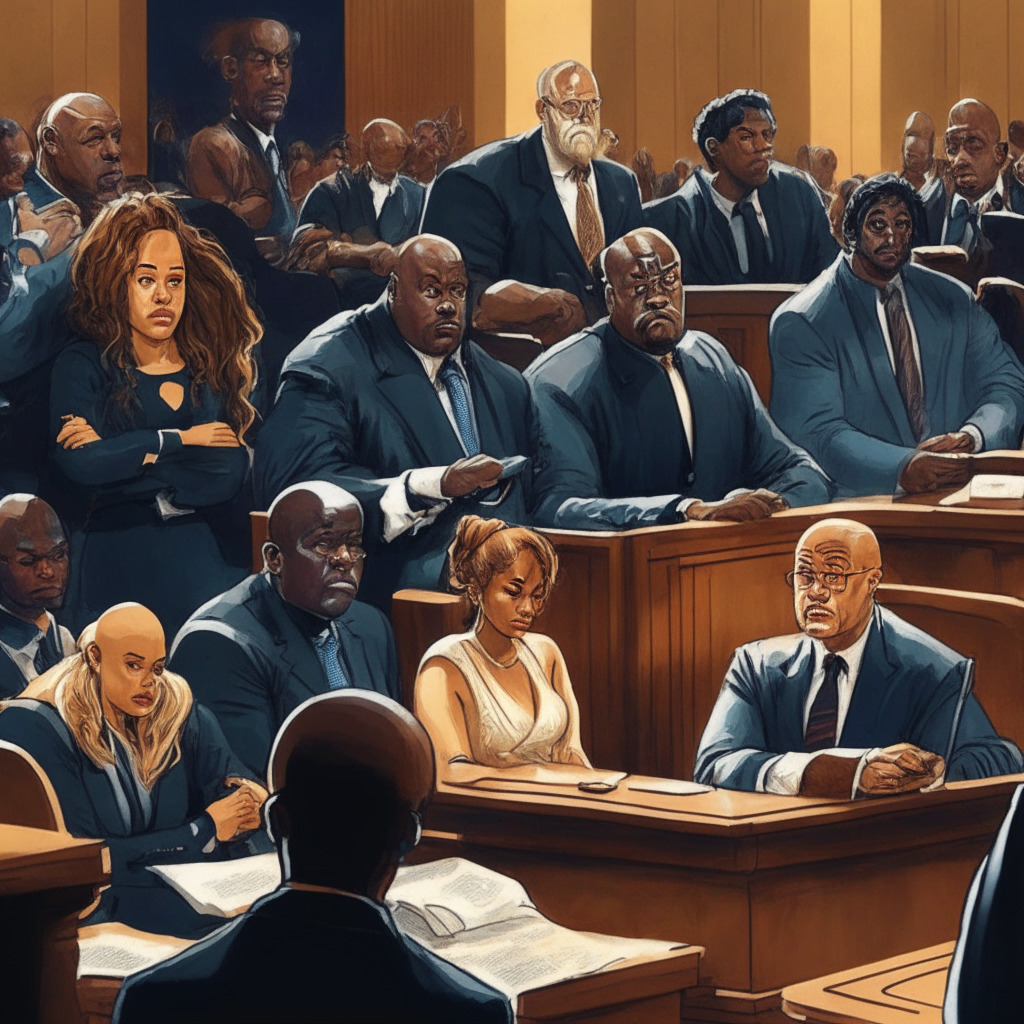With the promotional activities for FTX coming under scrutiny, the legal battle now focuses on the question of whether the celebrity endorsements by well-known public figures such as Shaquille O’Neal, Larry David, Tom Brady, and Naomi Osaka, among others, resulted in losses for investors in the exchange. The case bears significant weight, as it may set a precedent for future regulations on celebrity promotions within the cryptocurrency space.
A recently submitted declaration by Daniel Friedberg, the former Chief Regulatory Officer at FTX, could be the tipping point in the legal case. Friedberg provided evidence, “under penalty of perjury,” that FTX promotional activity had indeed originated in Florida, potentially strengthening the case against the defense that contests a lack of jurisdiction for the Miami-based court.
This development intensifies the core of the argument between the plaintiffs, represented by Moskowitz, and the defense team. Moskowitz’s camp alleges that FTX paid brand ambassadors to illegally promote interest-bearing accounts, which they argue were actually securities that should have been registered with the U.S Securities and Exchange Commission (SEC). Florida state law provides that those who promote unregistered securities are liable for losses incurred by customers.
On the other hand, defense attorneys have presented two primary arguments against the case. They assert that the lawsuit should be dismissed on the grounds that the celebrity endorsements revolved around general statements and did not specifically reference the unregistered securities accounts. The defendants contend that since there was no mention of the product allegedly responsible for damages, the high-profile endorsers cannot be held liable for losses.
The second argument challenges the jurisdiction of the case by stating that the endorsers who do not live in Florida, including Curry, Osaka, David, and the Golden State Warriors team, should not be subjected to the state’s jurisdiction. The defendants argue that since none of their FTX-related activities such as contract signings or ad tapings occurred in Florida, the lawsuit should be ruled out of the state’s jurisdiction.
As the legal dispute unfolds, the dynamics between regulatory agencies, exchanges like FTX, and influential figures involved in promotional activities bring up essential questions regarding the future of cryptocurrency promotion, accountability, and regulations. The outcome of this lawsuit will not only determine the liability of the celebrities and organizations involved but also signal the direction that regulations might take concerning cryptocurrency endorsements.
Ultimately, the courts must establish whether there is a sufficient connection to the state of Florida, and most importantly, ascertain if the FTX accounts promoted by the defendants can indeed be classified as unregistered securities. This case highlights the importance of understanding the potential implications of promoting cryptocurrency-related products and services, along with the need for comprehensive guidelines in this continuously evolving landscape.
Source: Decrypt




